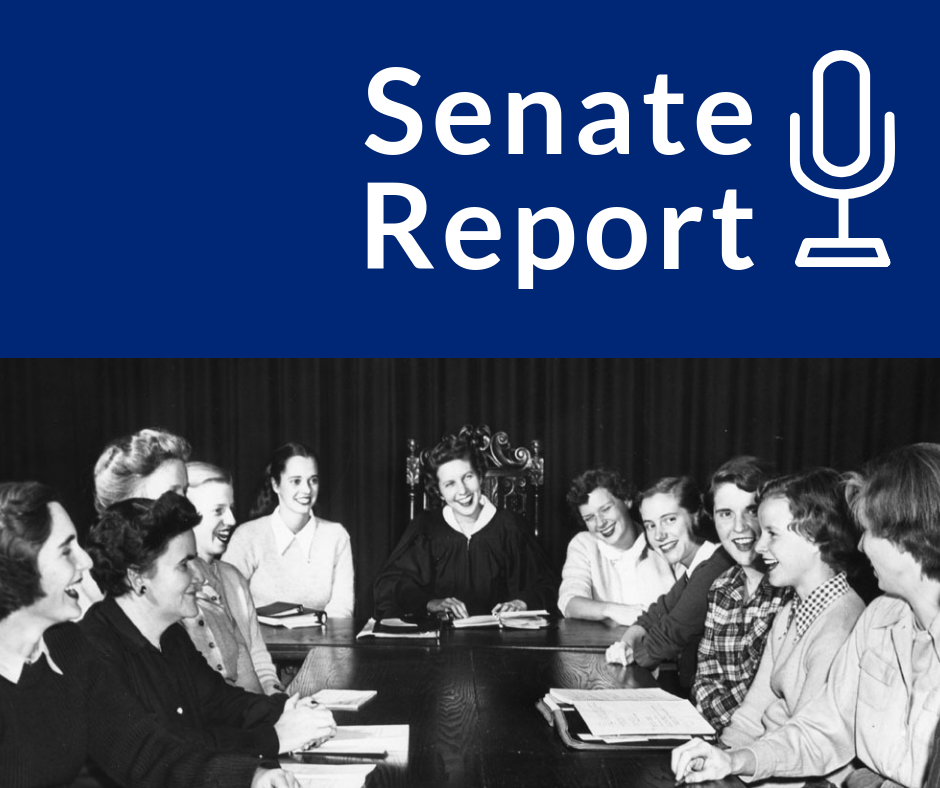Dean Horton informs Senate about her meeting with Wellesley for Adequate and Accessible Resources (WAAR)
Dean Horton met with student representatives of Wellesley for Adequate and Accessible Resources (WAAR) in order to work on solutions that concern the broader student body. Before delving into the meeting specifics, Dean Horton explained that the concerns brought up by WAAR were in line with many of the administration’s own programs to improve Wellesley. The College has been aware of them and was working on remedying them. In the meeting, the Dean and the student representatives discussed first-generation students and how much is done to properly fund programs for them, Wellesley’s Mental Health policies, lack of faculty and staff training, and lack of College Success Workshops. Dean Horton clarified that in the case of first-generation students, there has been a break in communication of information between the administration and the student body as the assumption that the rate at which first generation students drop out is higher than other students is false and not corroborated by facts. She further explained that students interested in amending mental health policies should consider joining the Student Advisory Board at the Stone Center. According to the Dean, the meeting led to fruitful results as both sides listened and deliberated over the concerns of the students and how the administration can help rectify them.
Senate Policy and Ethics Committee (SPEC) presents feedback on their proposed constitutional amendments to the constitution
The senate committee, SPEC, has proposed several amendments to the constitution mandating the voting power of executive senators, the parliamentary position and augmenting SPEC’s power to determine the ethics of a vote. The bulk of these amendments rest on prolonging the term of an executive senator who shall retain their voting power and position, without having a constituency. SPEC will be allowed to evaluate the ethics of motions passed as well as the voting procedure (a move in lieu of the campus-wide referendum on the past constitutional amendment). This will eliminate the need for putting voting procedures to the vote of the student body. Many senators commented on the convoluted nature of the amendments, which led SPEC to change its amendments. The major changes to the amendments are to allow SPEC to alter minor inconsistencies to the constitution without a senate majority, which would include all loopholes, spelling, etc and for SPEC to report all these changes to senate, while having the power to overrule them and change their proposed amendments to the constitution.







